I started travel blogging in 2010, but it wasn’t until 2013 when I decided to visit a country that requires a visa.
Why did it take that long? Because I knew that if I attempted applying for a visa before that, I would have been refused.
Applicants from developing countries usually need to go through a rigorous screening process and meet certain socio-economic requirements to set foot in developed countries. At the time, I was new at the job, didn’t earn much, didn’t have any savings or properties, and had not been to any other country. I lacked four important criteria that embassies usually look for — stable employment, financial means, strong ties, and travel history. I just knew that it wasn’t my time. Not yet, at least.
Back then, while I thought it may not have been the right time to apply, I also knew it was a great time to prepare. And prepare I did. I took care of the paperwork, started saving diligently, beefed up my travel history, and built myself economically and professionally. I did my time. I took my time. When I was finally ready, I was confident I’d get a YES. And yes, I did. Good things come to those who wait.
Why wait?
Of course, there is also virtue in taking risks. I know people who applied for elusive visas on their first try and got granted. But they are more the exception rather than the rule.
In my case, I could not risk it. Since I plan on traveling over and over, I didn’t want a rejection incident to stain my record.
It’s only been five years since the first time I applied for a visa, but I have made over 20 applications so far — Schengen, Canadian, Australian, Chinese, Japanese and Korean visa to name a few. Not to mention all the applications for my friends and family that I handled (because apparently, when you’re a travel blogger, you tend to be the default go-to person for such things. LOL!). Thankfully, I have never been denied a visa.
I give credit to that period of my life that I patiently waited for the right moment.
When is the right time?
It depends on the embassy and the type of visa you’re applying for. For example, the Japanese Embassy is not as strict as the others and has a shorter list of requirements. In this case, if your financial situation is far from ideal, a workaround is finding a sponsor. The burden of proving financial capacity then shifts to that person.
In some instances, inadequacies can be easily explained away in a letter and can be made up for by supplying alternative documents. (We’ll write another post about those.)
But most embassies will assess you based on your own credentials, even if you have a sponsor. If anything, they will take an even closer look at your own merits. Most Schengen embassies, for example, will still ask for all your employment or business documents despite having a sponsor. If you’re eyeing a Schengen visa or other hard-to-get visas, you will really need to work on meeting their requirements.
So for me, generally speaking: The right time is when you are ready with the usual requirements — finances, work stability, and rootedness.
But how does one become ready? If you’re serious about traveling to a visa country, you can prepare as early as now. Here are some tips that you can do while waiting for the right time.
How to prepare yourself for visa application this early?
1. Open a bank account and start saving.
We’re always surprised by how many messages we receive that go something like this:
“Hi Yosh!
I will be applying for a visa this week. Regarding the funds, I have enough money to travel. But I only opened a bank account last month.
Do you think it can become a reason for denial?”
If you have plans of traveling abroad in the future, open a bank account as soon as possible. How much you have in the bank isn’t the only thing that embassies look at when they’re assessing visa applications. More importantly, they check the date the bank account was created and scrutinize the flow of money that goes in and out of that account.
Remember, most embassies require not just the bank certificate but also a bank statement (usually covering the transactions within the past 3 or 6 months). If they see that your account is brand spankin’ new, they might find it suspicious.
Even if you’re not planning on applying for a visa soon, open an account now and slowly build some savings. You’ll never know when an opportunity for travel will come knocking on your door. If that happens, at least you’ve got one important requirement down.
2. Find a stable source of income.
Aside from financial capacity, another essential criterion is rootedness.
What is rootedness? Rootedness refers to how strong your ties are in your home country. In other words, you need to show that your life here in the Philippines is good and stable, and that you have no reason to overstay. Remember, a significant number of Filipino tourists violate visa rules in order to work abroad. That’s what embassies are trying to avoid. Many visa applications that get rejected are due to failure to prove rootedness.
Having a stable job or business helps show that you have good life here and that you have a reason to return. This is why it’s always difficult to get a visa if you’re unemployed or recently resigned, unless your other requirements are stellar.
Having a steady source of income also proves that you did not game the system. Embassies sometimes run your bank details against your employment/business documents. If they see that things don’t add up, it can be a reason for rejection. For example, if your salary is only P20,000 per month but your bank account shows few deposits of P100,000 each, that can raise some red flags and be the cause of denial.
Does it mean that you need to work full-time to be ready? Not necessarily. Read the next sections.
3. If you’re self-employed, register your business or service.
Another common problem that we encounter in messages from our readers is the lack of documentation for their businesses. Something like this:
“Hi Yosh!
We’re applying for a visa this week. I have enough funds because we earn from our business.
The problem is, it’s not registered. I don’t have any business document.
What can I do?”
Usually I tell them to submit any proof of income — invoices, contracts, etc. But that’s like throwing a Hail Mary. Sometimes they work, but often they don’t, especially with stricter embassies.
It would have been much easier if you just handled the paperwork in the first place. If you have a business, no matter how small, and you don’t have the papers yet, work on them now so you won’t have to worry about it in the future.
Another important thing: Make sure the business is in your name! Even if you are the “real owner” of the business, if it’s not under your name, it’s not technically or legally yours. You won’t be able to use it. We get messages like that too. They own the business but it’s in the name of a cousin or a grandparent. You can’t expect the embassies to believe you really own the business if none of the papers have your name.
4. If you’re a freelancer, take care of the paperwork.
When it comes to visa applications, the most grueling period of my travel life was the early years of being a freelancer. Even with all the documents, I had to constantly defend or explain my employment status or source of income during visa interviews or Immigration checks. Thankfully, I had the documents to back it up.
If you’re a freelancer, here are some tips:
- Make sure you have a contract or a formal, written agreement with your clients.
- Collect copies of your invoices and official receipts diligently.
- Try to secure a certification from your client proving that you are engaged with them (sort of a Certificate of Employment).
- File your taxes.
The last one is important. I’ll explain further in the next section.
5. File your taxes and secure an ITR.
Whether you’re employed, self-employed or a freelancer, file your taxes. Yes, even if you’re tax-exempt (earning P21,000 and below), you should still file them for documentation purposes. Not only is it the right thing to do, you will also need a copy of your ITR (Income Tax Returns) for visa application purposes.
The ITR is often a requirement because it ticks all three items on the checklist: financial capacity, employment status, and rootedness. Some embassies won’t even ask you to submit a Certificate of Employment but they demand to see your ITR.
Sure, it is still possible to get an approval even if you don’t have an ITR. (For example, the Korean and Japanese embassies sometimes accept a letter of explanation if you can’t provide one for a valid reason.) But it’s always best to provide when you can.
6. Travel to visa-free countries first.
One way to improve your chances is by beefing up your travel history by first traveling to countries that don’t require a visa. Southeast Asian countries are a good start. When I was backpacking around ASEAN, I met some travelers who are trying to “collect” passport stamps in order to have a better shot at visiting visa countries. They get to reach their ultimate goal while enjoying beautiful destinations!
My first visa country was Japan (because it was the easiest to get). But before I even got there, I made sure I set foot first in visa-free destinations like Hong Kong, Singapore, and Thailand.
That’s not to say that having no travel history means automatic refusal. Likewise, it doesn’t necessarily follow that having an impressive travel history guarantees approval. It only helps increase your chances, provided that you have all the other requirements down satisfactorily.
7. Get a credit card.
Owning a credit card can also help your application. But it doesn’t make or break your application. Think of it as something filed under “Nice to have”.
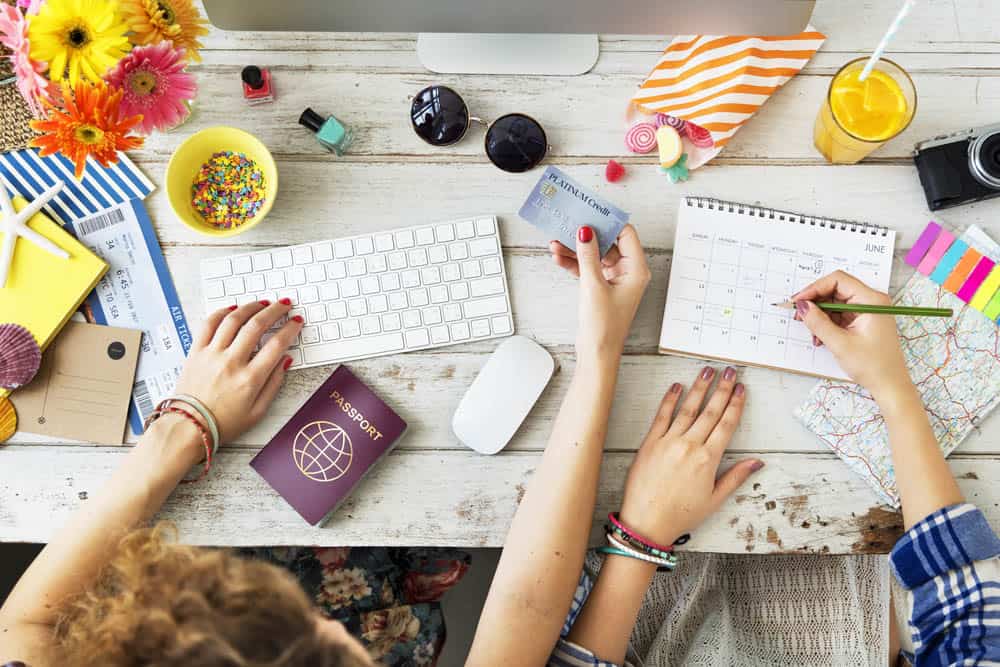
A credit card can be considered an additional source of funds when traveling. When applying for a Canadian or Australian visa, for example, a credit card is one of the options for sources of funds. Some embassies also ask that you submit a copy of your account statement if you have one because it shows your spending and payment habits. It can help show that you are able to sustain your lifestyle here, assuming of course that you are not deep in debt.
Lastly, some embassies have agreements with credit card companies. The best example is the Korean Embassy, which has been exempting some premium card-owners from submitting financial documents.
Some credit card companies also partner with airlines and hotels for massive discounts, which is not really visa-related but still pretty useful. Haha.
However, it is also important to note that none of these can guarantee approval. Nothing and no one can. You can have all these and still end up empty-handed. I have friends who have stable employment, impressive bank records, and strong rootedness, but they still get denied a visa sometimes. Luck also has a hand in this because much of it will depend on the officer who will be assigned to assess your application. But at least you know that you’ve done everything you can.
Related Visa and Immigration Posts
- Why Having a SPONSOR can be BAD for Visa Application & Immigration
- Common Reasons why Visa Applications are DENIED!
- Everything We Know about SHOW MONEY for Visa Application & Immigration
- FIRST TIME ABROAD: Immigration Tips
- How to Avoid Getting OFFLOADED: Immigration Requirements & Tips
2️⃣0️⃣1️⃣9️⃣ • 1️⃣2️⃣ • 3️⃣0️⃣
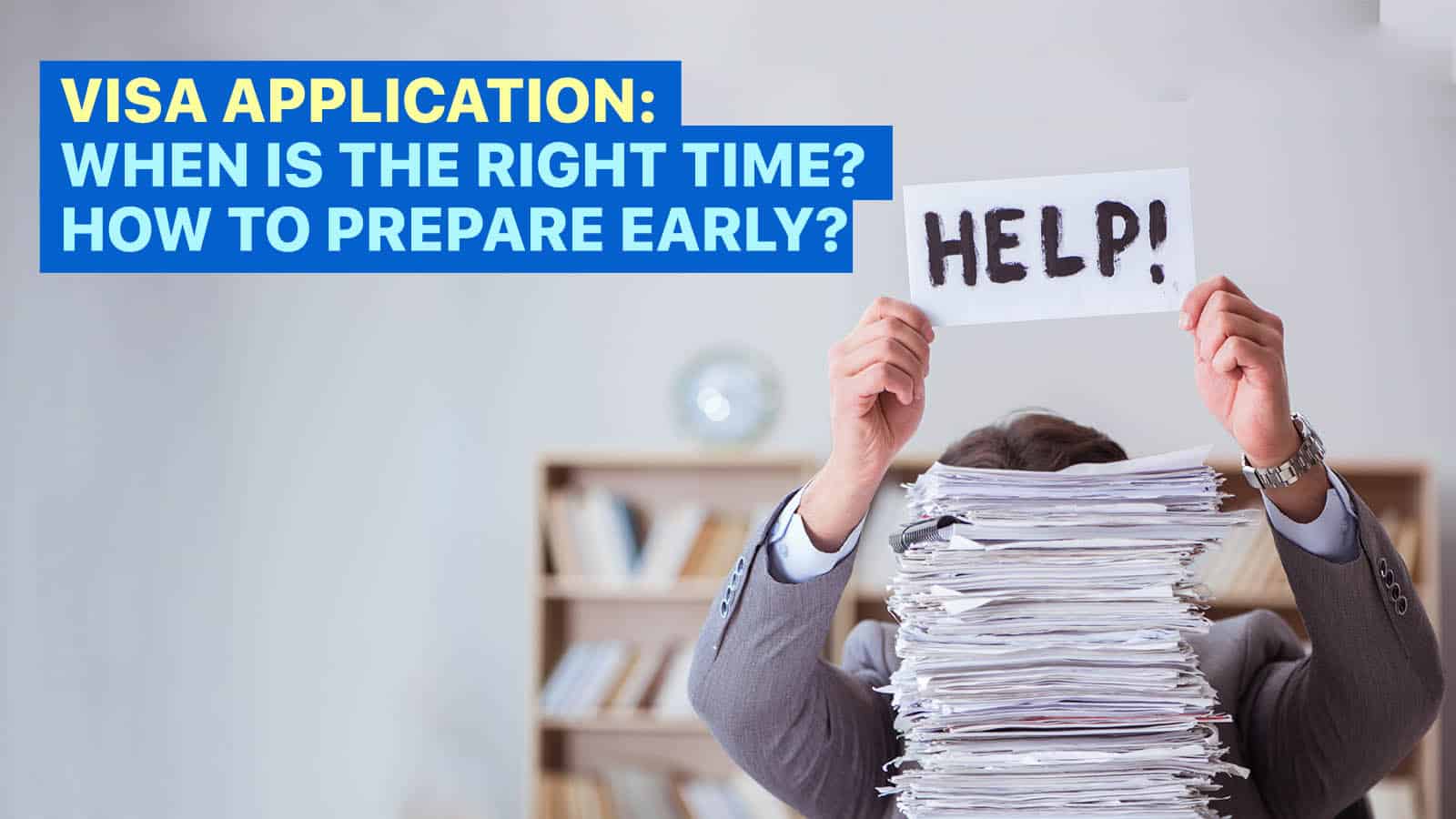

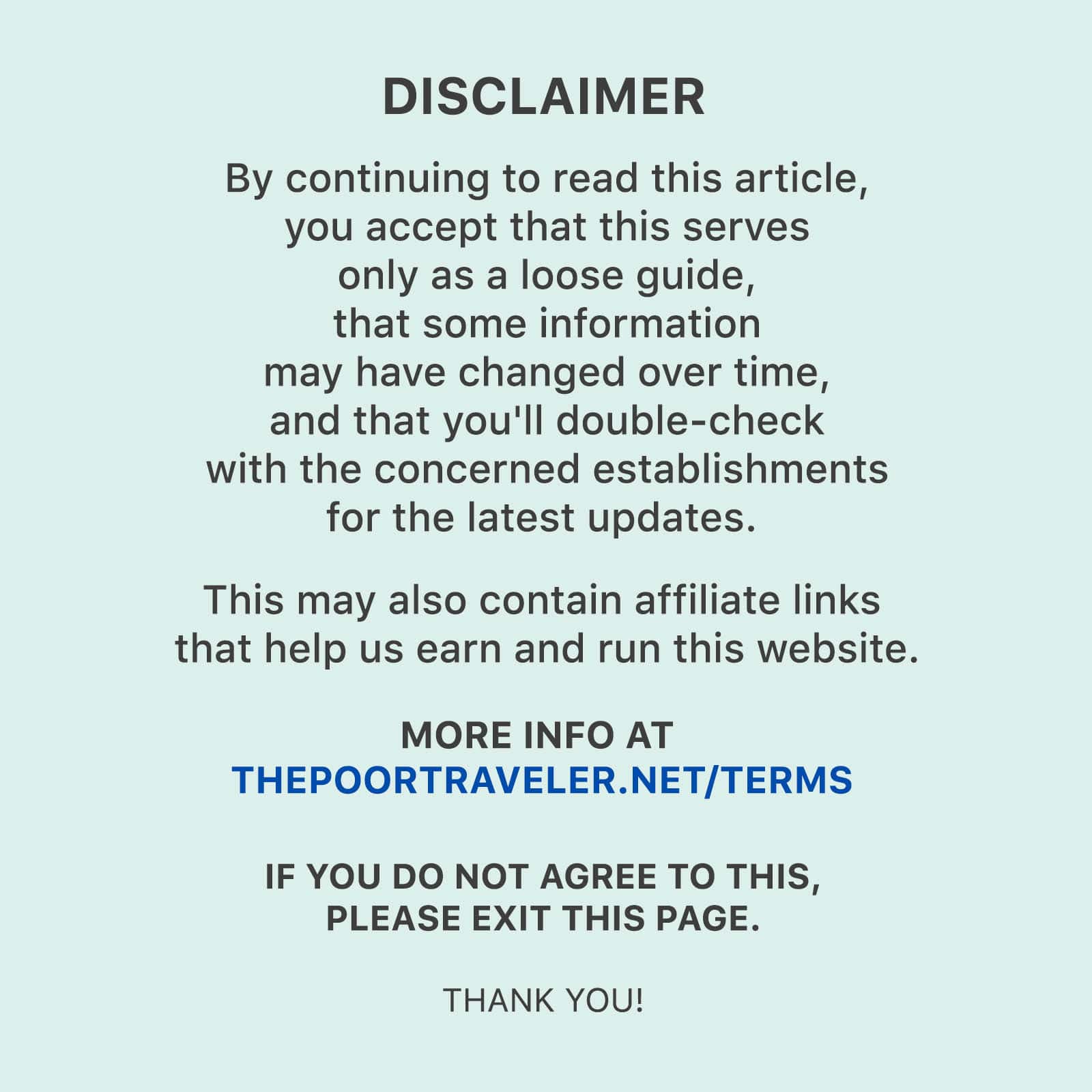

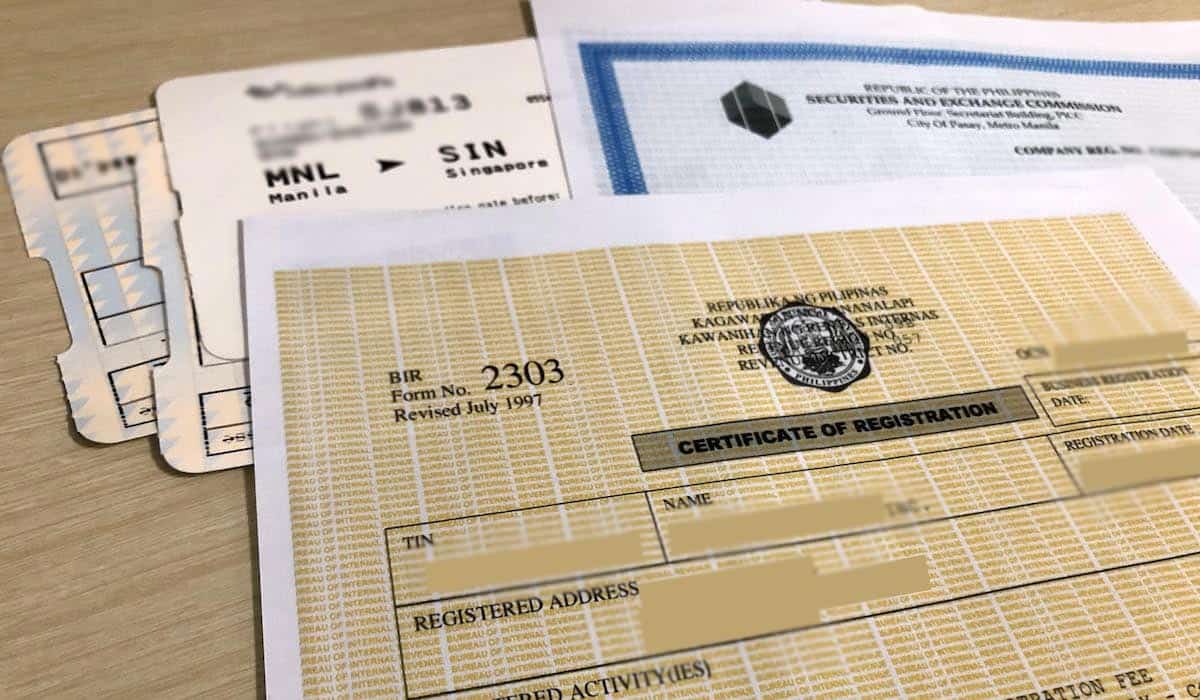

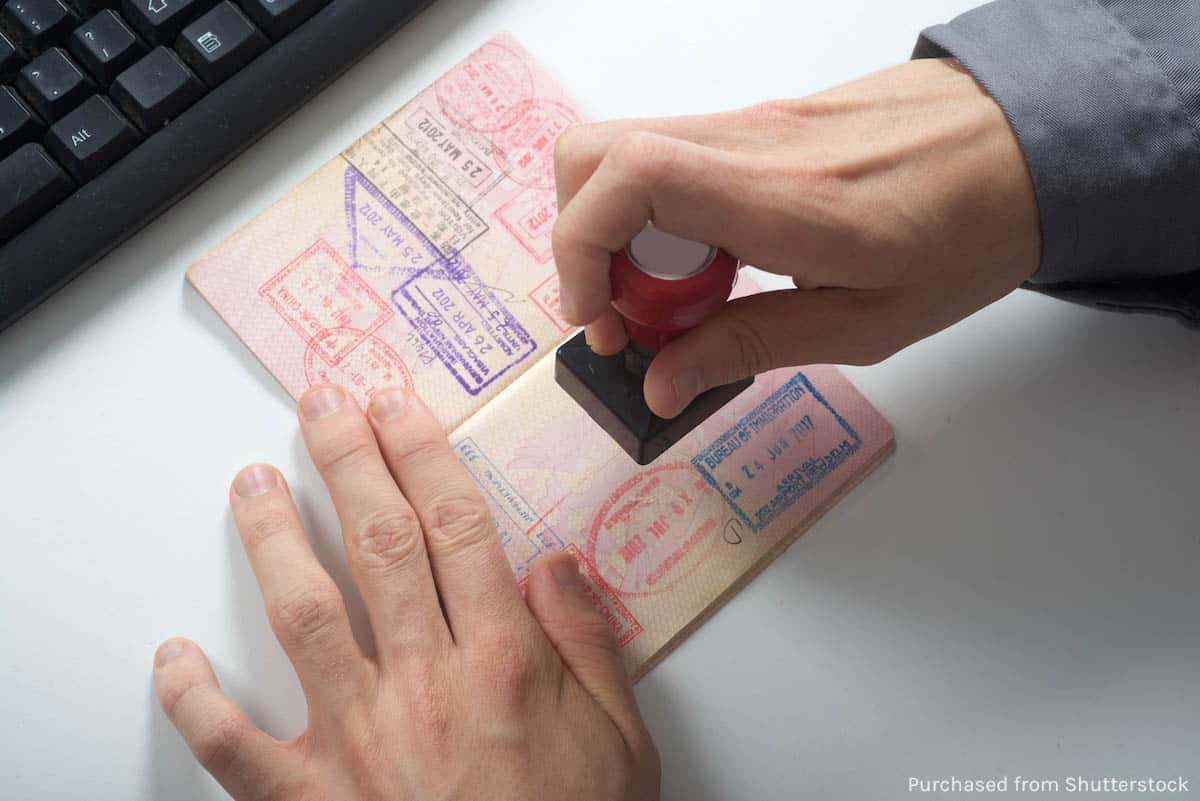

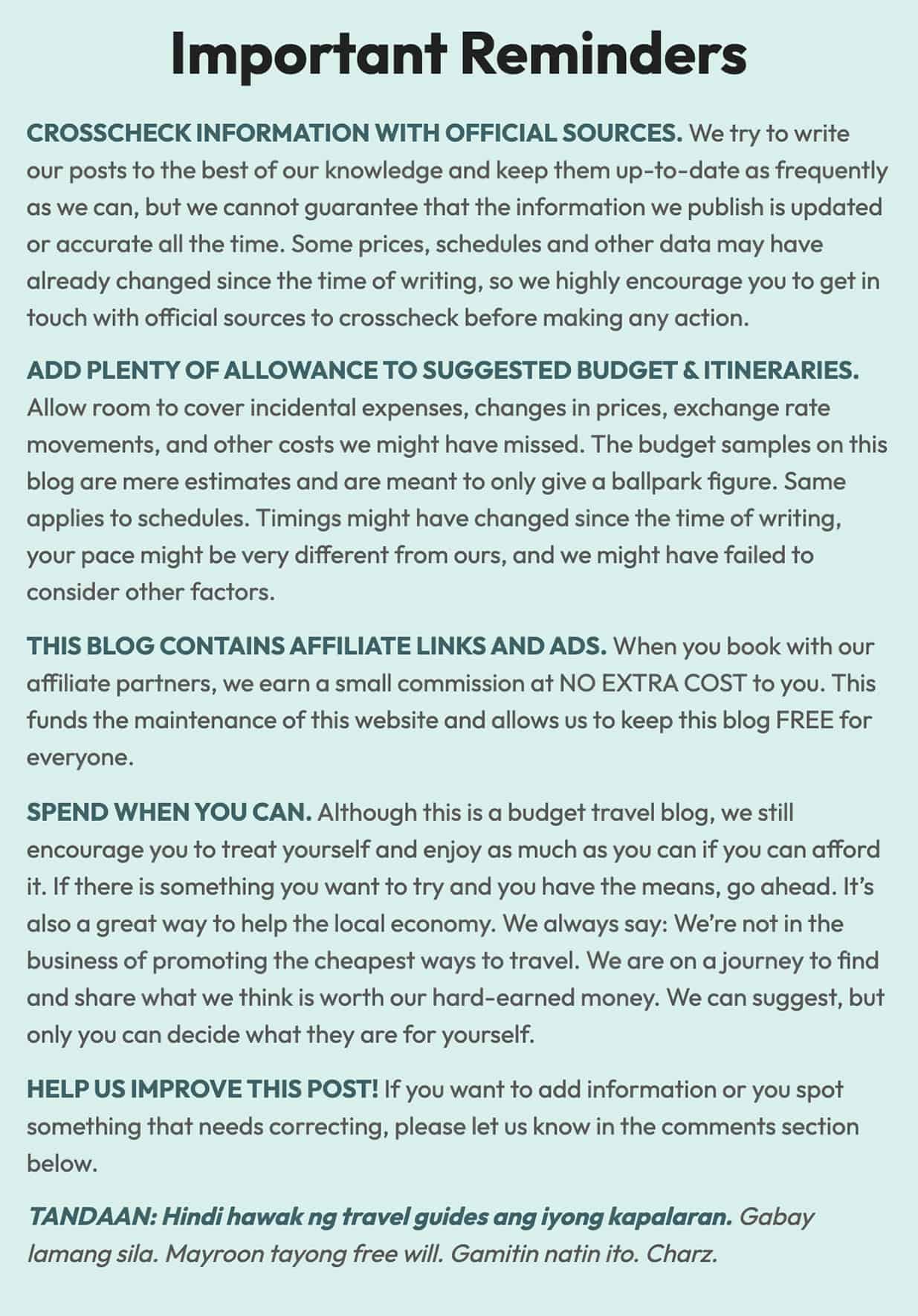
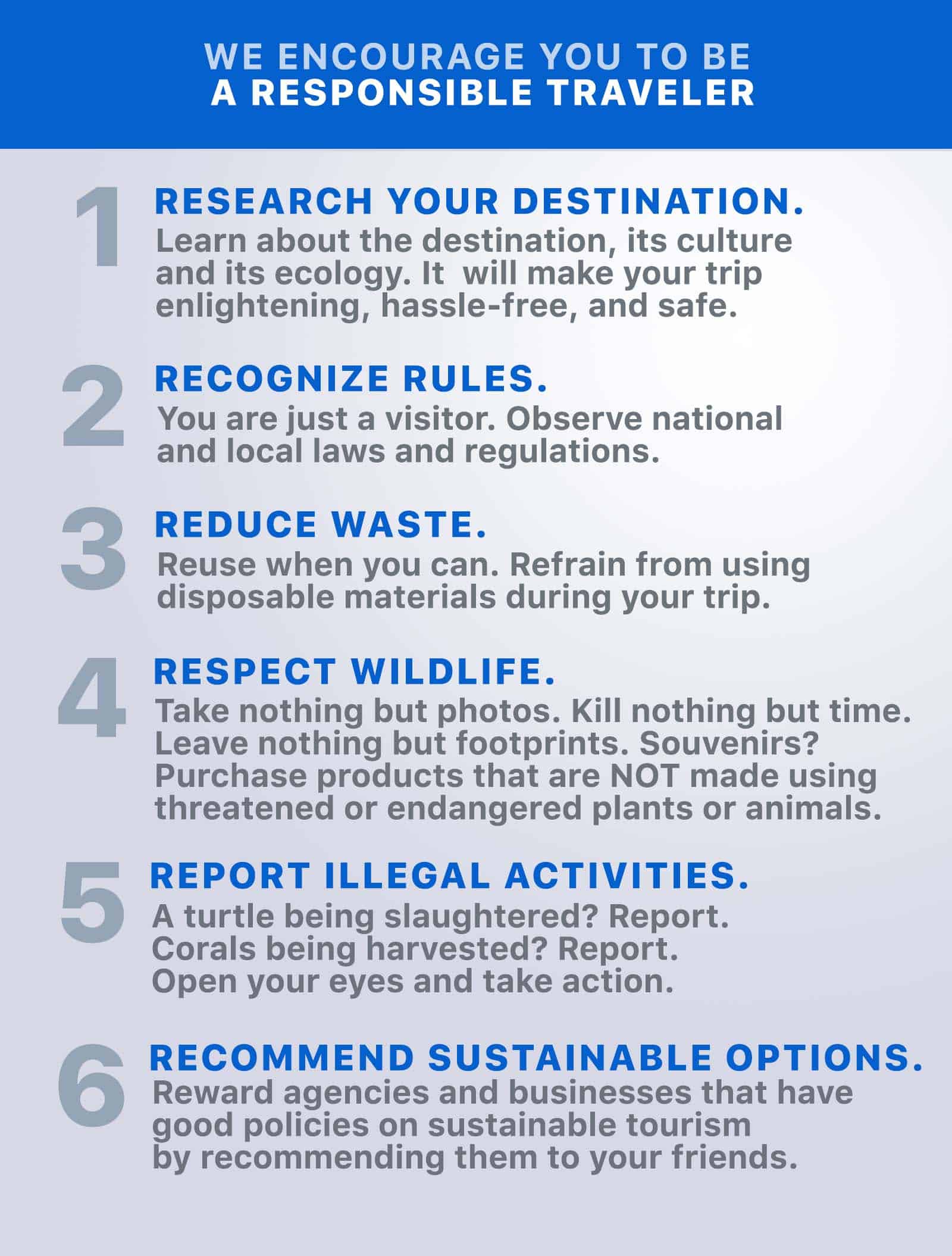
















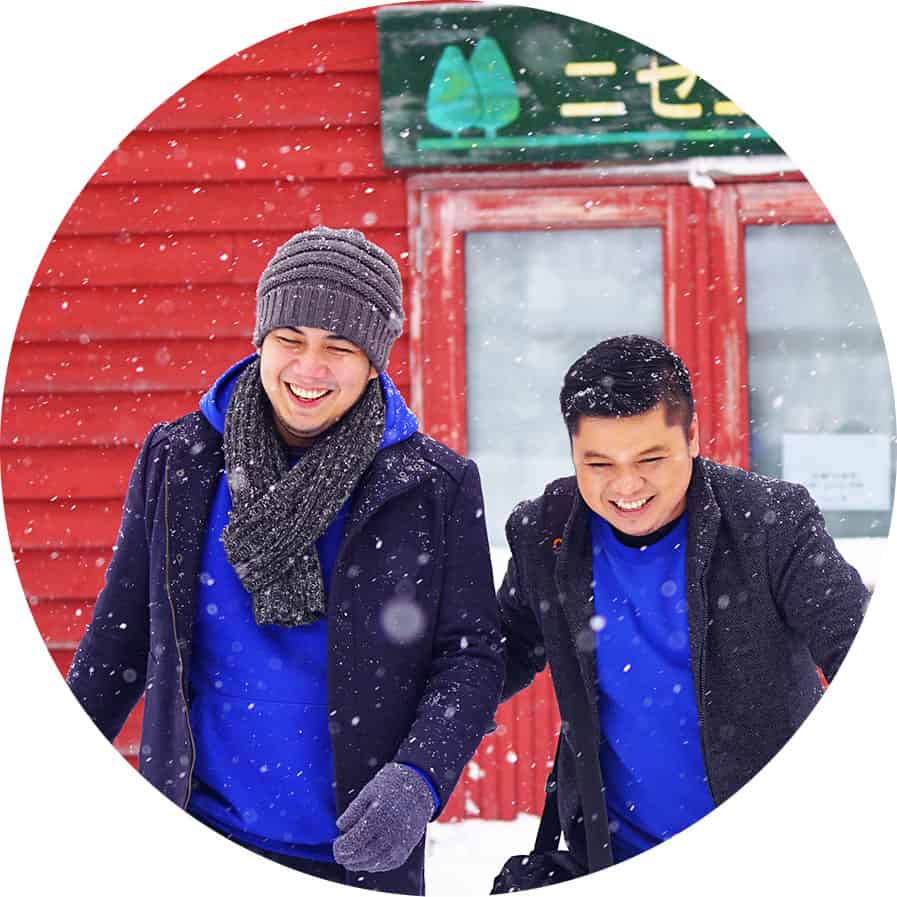
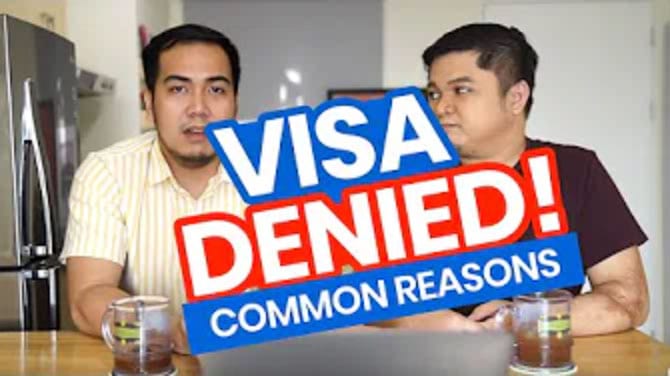
What if the return ticket is 10days later than the one allowed in the visa? Will it be a problem with regards to the immigration?
Likely. The IO might ask questions about it.